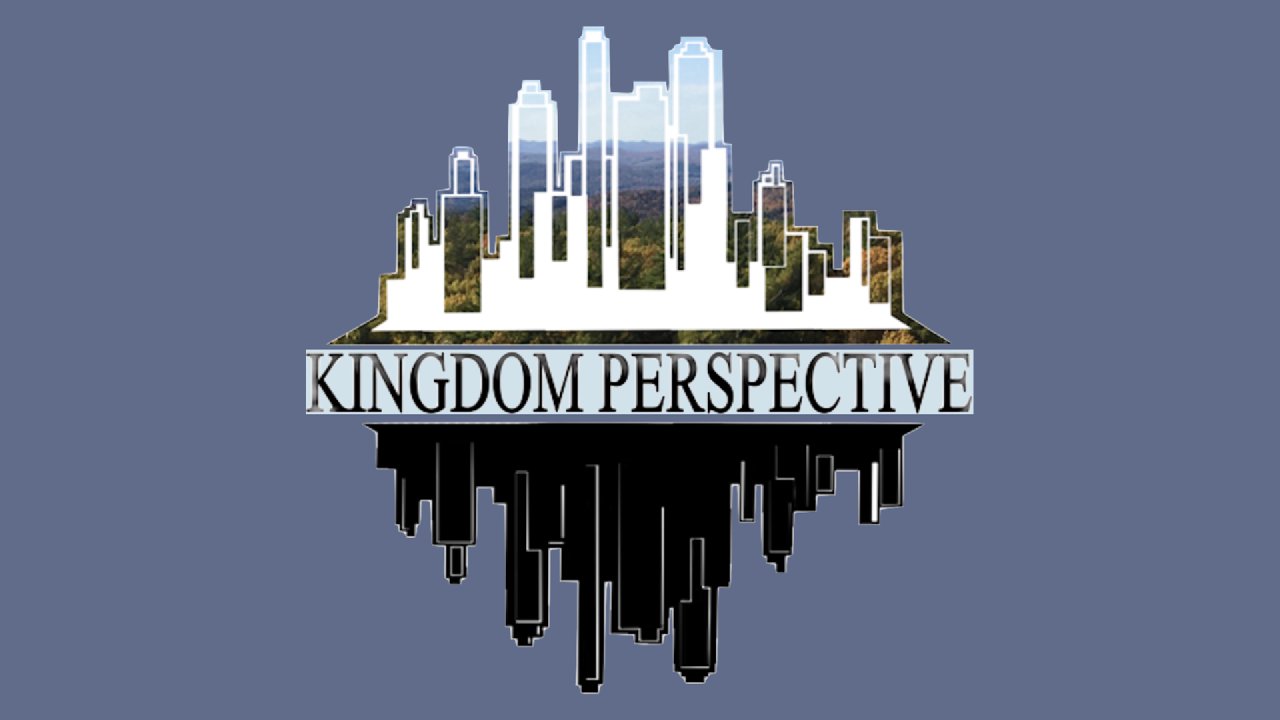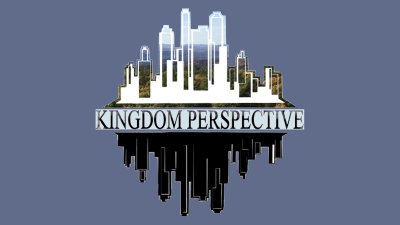Transcript:
Hello this is Pastor Don of Christ Redeemer Church. Welcome to The Kingdom Perspective.
What is God like? What kind of being is He?
Well, we must begin with this.
The most fundamental distinction in being is that between the Creator and creation.
God is a being unlike anything in all the created realm, precisely because He is the Creator of the created realm.
God is not a being competing for space in the world.
God is not a being competing for causality in the world.
The question is not whether you caused something, or God caused something. Or this or that causing something versus God causing something.
God’s relationship with matter and causality are quite different than any other being in the world.
For example, consider a billiard table. The cue ball competes with the space where the eight ball exists. When the cue ball strikes the space and material existence of the eight ball, it causes the eight ball to move. The two cannot occupy the same space because their existence is contingent upon space and matter.
But God does not exist in this way. God’s being is utterly unique from all other being. God’s being is not contingent; it is not dependent upon or caused by anything outside Himself. God is not merely one being existing alongside another, but rather the very ground of being.
So, in this sense, God is beyond our common understanding of being.
Something to think about from The Kingdom Perspective.
“Then Moses said to God, “If I come to the people of Israel and say to them, ‘The God of your fathers has sent me to you,’ and they ask me, ‘What is his name?’ what shall I say to them?” God said to Moses, “I am who I am.” And he said, “Say this to the people of Israel: ‘I am has sent me to you.’”
~Exodus 3:13-14 (ESV)
*Below, we are appending some basic catechism questions that go along with this Kingdom Perspective. A catechism is a classical Christian teaching device, helping both children and adults better understand the unique claims of the Bible. Below, you will find questions taken from both a children’s catechism and a more advanced catechism. For the full catechisms, you may go to our website by clicking here.
Questions for Kids: A Basic Catechism for Children
16. What does God do for His creation?
He rules and cares for it.
An Advanced Catechism
10. What is the work of creation?
The work of creation is a picture of redemption through Christ Jesus, with God making all things (Genesis 1:1) of nothing, by the Word of His power, (Hebrews 11:3) in the space of six days, (Exodus 20:11) and all very good. (Genesis 1:31)
11. What is God’s providence?
God’s providence is His wise and absolute rule over all of His creation, including all of man’s actions, in order to reveal the glorious Gospel of His Son for His eternal glory. (Psalm 115:3; Daniel 4:34-35; Ephesians 1:3-14)






